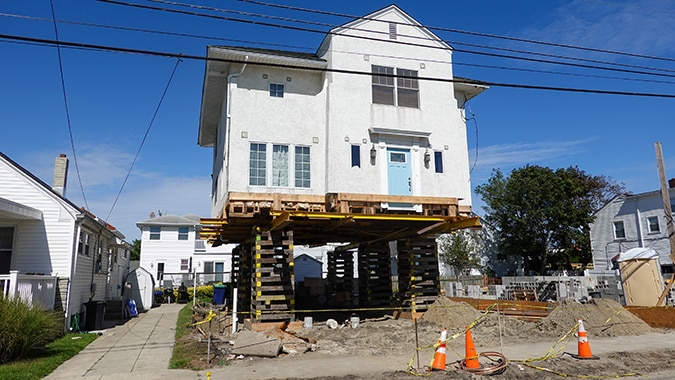Feb. 15 was a busy day for the Legislature. In addition to some significant tax items, legislators also advanced a bill to promote shared services and consolidation among local governments in an effort to reduce New Jersey’s notoriously high property taxes. Legislation impacting the environment and Urban Enterprise Zones also advanced.
Here are the details.
Incentives for local government consolidation, S-1 (Sweeney, D-3)
Passed Senate Budget and Appropriations Committee Feb. 15.
NJBIA position: support
State and local property taxes make up over 40 percent of the taxes paid by businesses in New Jersey, which is why controlling property taxes is an important issue for business owners, as well as homeowners. This legislation is designed to provide property tax relief by better facilitating cost-saving shared services agreements, joint contracts and consolidations among local governments and school districts.
Among the changes authorized by the bill are the relaxing of Civil Service provisions and tenure rules that now delay or impede efforts to pursue tax relief through shared services agreements or consolidations involving the merging of local bargaining units.
Clean Energy Technology Center, S-359 (Rice, D-28; Gill, D-34)
Passed Senate Environment and Energy Committee Feb. 15
NJBIA position: oppose
The bill would create the Clean Energy Technology Center and Alternative and Clean Energy Investment Trust Fund, but it would fund the program with what amounts to an open-ended appropriation from the societal benefits charge.
NJBIA supports research and innovation in clean energy, but not at any cost. The societal benefits charge collected $764 million in 2016 from ratepayers who already pay the 10th highest electricity rates in the nation.
Local sewer authorities, S-1073 (Smith, D-17; Bateman, R-16)
Passed Senate Environment and Energy Committee Feb. 15
NJBIA position: oppose
This bill authorizes counties, municipalities and other local government entities to operate stormwater utilities financed by user fees and bond issues.
Businesses that currently have DEP permits could be forced to pay for separate county and municipal fees for the same discharge. For many businesses, these fees would amount to double taxation.
While it is important to address non-point source pollution, flooding and infrastructure needs, it should be done with a comprehensive plan for our infrastructure that also mitigates the impact on ratepayers.
UEZ extension, S-846 (Turner, D-15)
Passed Senate Budget and Appropriations Committee Feb. 15
NJBIA position: support
The expiration date for New Jersey’s Urban Enterprise Zones (UEZ) would be extended for 10 years under this legislation. In addition to extending existing zones, the bill also would reinstate the UEZ communities of Bridgeton, Camden, Newark, Plainfield and Trenton, whose designation expired at the end of 2016.
Urban Enterprise Zones were created for Main Street and have helped countless small businesses through the years. They are set to expire in the near future. Businesses in UEZs are allowed to charge half of the state’s regular sales tax rate and receive incentives such as business-to-business tax exemptions, subsidies for unemployment insurance, and corporate-tax credits for hiring and investing.
